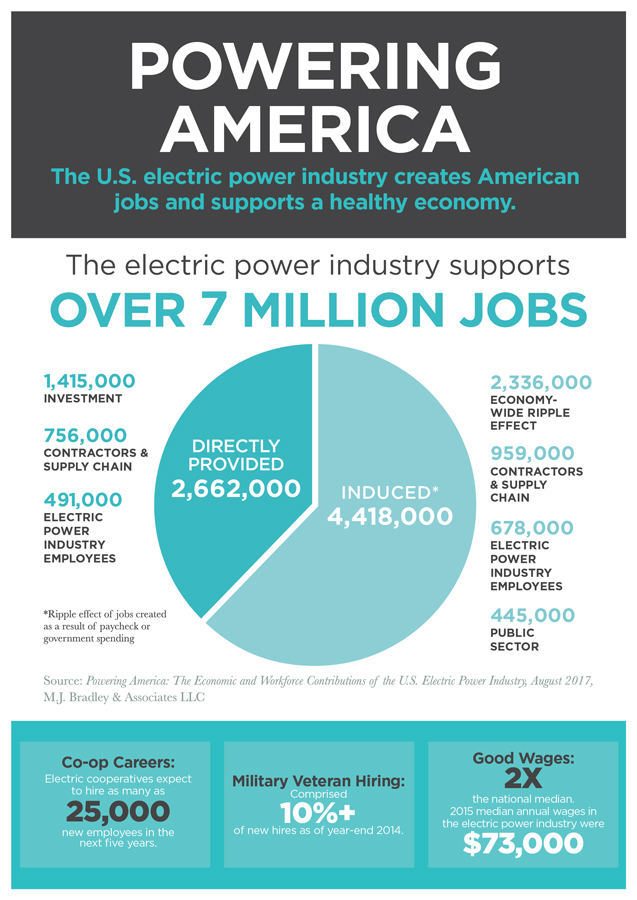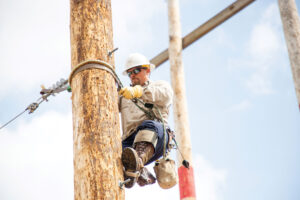
Rural broadband in 2017 might sound similar to the mission of providing electricity for rural America in 1937. But an NRECA Board leader says it’s not exactly an apples-to-apples comparison.
“When we started 80 years ago, we were investing in poles and wires and transformers that had a very long shelf life. We’ve got some of that equipment still on our systems,” NRECA Vice President Curtis Wynn said Sept. 13 at the Senate Democratic Rural Summit.
“With telecommunications, this is a completely different story. The shelf life for 5G—we don’t know if it’s going to be five years, three years, or what the case may be,” said Wynn.
“For any type of broadband investment, you’ve got to keep that in mind, and that’s a part of the equation that all of our systems are looking at,” Wynn told senators and others gathered for the Capitol Hill event.
That hardly means broadband should be ignored; quite the opposite, said Wynn, noting it’s vital to running a modern electric utility.
“Broadband and cooperative operations are beginning to merge together. To run a smart utility you have to have access to broadband,” said Wynn, who is CEO of Roanoke Electric Cooperative in Aulander, North Carolina.
The co-op has completed a broadband project that connects 12 substations with fiber. Roanoke EC is in the early stages of expanding this connectivity deeper into its service territory using a combination of fiber and fixed wireless technology.
“The goal is to expand that to every home in our service territory,” said Wynn. His members want broadband service for fast internet that’s vital to modern life, but there’s another component.
“We need it for smart [utility] operations so that every member can help us reduce the cost of electricity that we purchase on the wholesale level,” said Wynn. “That’s a big thing for us to be able to do.”
Source: Michael W. Kahn, Electric Co-op News









